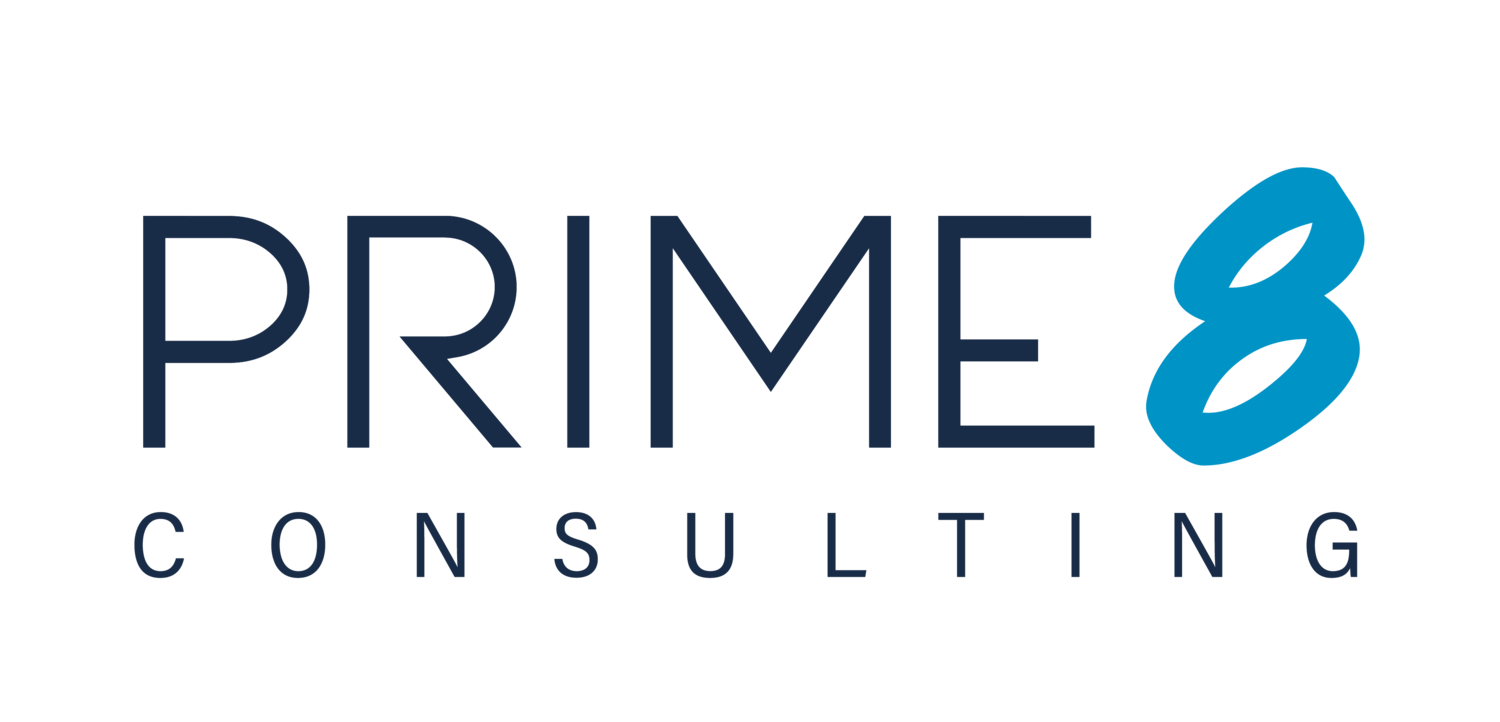Future Trends in Project Management: What Lies Ahead?
Highlights
Top trends in project management include Agile methodology, data visualization and analysis, change management, AI and automation, and soft skills such as emotional intelligence and interpersonal skills.
Staying ahead of these trends and keeping your skills up to date require lifelong learning and developing industry-specific knowledge.
The business landscape is constantly changing, and companies must adapt to stay ahead. As a result, the role of the project manager is also adapting to new priorities and functions to support new workplace trends and initiatives. Staying up to date with trends in project management is essential to keep your skills relevant and ready to deploy for your next client.
Let’s explore.
Top Trends in Project Management 2023
Projects are becoming bigger and more complex in today's business environment. Many factors contribute to this trend, including globalization, technology, and evolving customer expectations. As a result, project managers need to be skilled at managing projects with multiple stakeholders, intricate requirements, and tight deadlines. They also need to be adaptable and able to quickly respond to changes in project scope or priorities.
To remain competitive, project managers must stay current with the latest role and industry trends to know where to invest in new skills and knowledge. It is crucial to monitor changes in both the industry and stakeholder expectations as they evolve over time. We asked our consultants to share with us some of the most pressing trends they are seeing in project management.
Here’s what they shared.
AGILE METHODOLOGY
With bigger and more complex projects, having a proven project management approach is a must-have. Agile methodology is an approach to project management that emphasizes flexibility and adaptability as well as collaboration and continuous improvement. It dates back to the ‘90’s and was originally developed for software development, but in recent years, the core principles and practices have found their way into a wide range of projects.
Agile is a flexible and adaptable approach to project management that focuses on continuous improvement and iterative development, breaking projects down into small, manageable tasks that can be completed in short increments rather than a single final deliverable. It’s particularly well-suited for complex projects with multiple stakeholders or that require a rapid go-to-market approach.
Project managers (PMs) use frequent feedback to continuously update project plans, resulting in reduced waste of time and resources.
The Agile methodology encompasses multiple different frameworks that apply agile principles in different ways. For instance, Scrum and Kanban both adopt an iterative and incremental approach to project management but with some variations. For example, Scrum uses time-boxed sprints to accomplish tasks, while Kanban prioritizes tasks and completes each item as soon as possible without predefined time limits.
The choice of an Agile framework should be based on a project's needs and requirements, the team's capabilities and experience, and how your project management tools support a given approach.
DATA ANALYSIS & DATA VISUALIZATION
As companies become more data driven, project managers need to be able to analyze project data to spot risks, track progress, and make informed decisions. The ability to extract insights from data can help project managers optimize resources, improve project efficiency, and minimize risks.
With the rise of project management software and tools that generate large amounts of data, project managers who are proficient in data analysis are in high demand. At Prime 8, we’ve seen this firsthand over the last year.
Data visualization is an important aspect of this trend. The ability to effectively communicate project data to stakeholders is just as important as the ability to analyze it. Data visualization tools, such as PowerBI or Tableau, allow project managers to create visually appealing and easy-to-understand charts, graphs, and dashboards that can help stakeholders better understand project data.
By presenting project data in a clear and concise manner, project managers can improve communication, foster collaboration, and gain support from stakeholders.
CHANGE MANAGEMENT
The role of project managers in managing change has become more critical in recent years. The pandemic forced organizations to adapt to new ways of working, including remote work and digital transformation, which increased the pace of change in many companies.
As a result, project managers have been tasked with leading teams through these difficult and sometimes painful changes, ensuring that projects are completed on time and within budget while minimizing the disruption to the organization and its employees.
As companies face more rapid and frequent changes, project managers must be skilled in managing resistance to change, communicating effectively, and driving successful adoption of new processes and systems.
Additionally, project managers need to track emerging technologies, such as AI and automation, that may impact their projects and require new change management strategies.
AI AND AUTOMATION
At Prime 8, we see AI and automation as tools to enhance, not replace, the role of project managers. Project managers in the very near future must have fluency in applying these tools to projects to improve outcomes.
By combining their human creativity, critical thinking, and interpersonal skills with the insights and efficiencies offered by AI and automation, project managers can deliver even better results for their clients and drive innovation in project management.
It's important to note, however, that while AI and automation can be valuable assets in project management, they cannot replace the need for human judgment, stakeholder management, and decision-making. Project managers must be able to interpret and apply the data provided by these tools, and ultimately, it is their expertise that will determine the success of a project.
To stay relevant and competitive in an ever-changing business landscape, project managers must be willing to embrace these new technologies and adapt to the changing demands of the industry.
How to Stay Relevant and Build Value as a Project Manager
These trends in project management center on the human element. Whether developing a go-to-market strategy at a software company or implementing new changes while maintaining employee morale, people are at the heart of project management. Investing in skills that support the people aspect of project management provides a strong foundation for continuous success.
Some areas to explore include:
Upskill your approach to team collaboration and communication using a variety of tools (e.g., Gantt charts, Kanban boards).
Learn new software and tools to leverage data analysis and data visualization that can easily communicate findings with non-data professionals.
Improve your emotional intelligence through courses, books, journaling, asking for feedback, and learning how to motivate others.
A PM’s toolkit is never complete; it requires lifelong learning and a commitment to helping companies achieve the best outcomes given the current landscape. Learning about future trends in project management helps consultants narrow their focus on how to build on their skills.
Take Your Career to the Next Level with Prime 8
The traditional view of a project manager as someone who simply oversees projects has evolved into a more complex role that requires flexibility, innovation, and strategic thinking. Successful PMs continually learn new skills and stay current with industry trends.
Prime 8 clients derive the benefit of having a future proofed cadre of project management consultants at their fingertips that have the skills, tools and support they need to create high-value outcomes. Reach out today to learn more about how we can help you manage the complexities of modern projects.
If you’re a project manager interested in learning more about working with Prime 8, check out our open consulting positions.






















